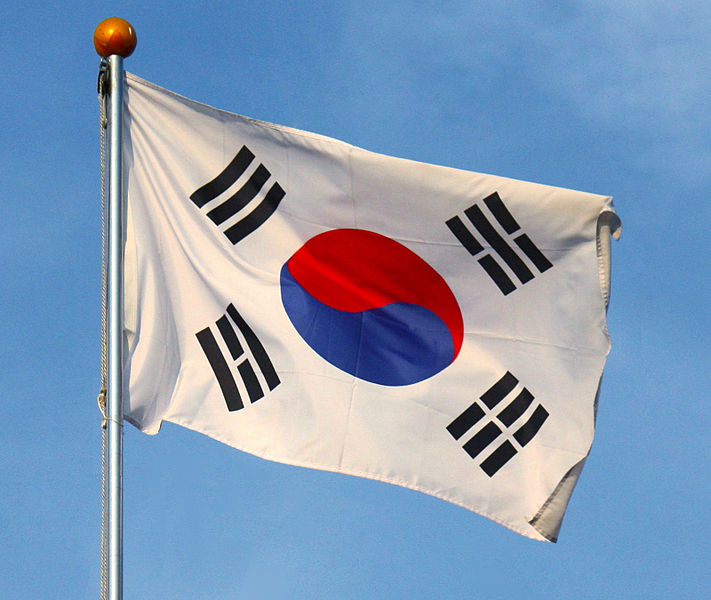China gets most of the attention in the Pacific Rim coal export debate, and for good reason. It’s the 800-pound gorilla, consuming more coal than any other nation on earth. Even though the Chinese import only a tiny share of their total consumption, that small share qualifies them as the top coal importer in the Pacific Rim.
Still, China isn’t the only important player in the Asian coal market. In fact, it’s likely that US coal won’t even go to China. Instead, it’ll go to south Korea.
Most of China’s coal imports are sent to customers in the southern part of the country; the northern provinces receive most of their coal from coal mines in the interior provinces, particularly Shanxi and Inner Mongolia, and typically export more coal then they import. There’s simply no need for US coal in northern China. But southern China is generally considered to be a poor market for US coal, because it’s a long ocean voyage away from Northwest ports and a much shorter voyage for inexpensive, low-sulfur coal from Indonesia.
But Korean ports offer a shorter ocean trip from the US, and a longer voyage from Indonesia. And South Korea also has a big appetite for the kind of low-calorie coal that comes from mines in the western United States. Those factors probably explain why Cloud Peak only maintains long-term export contracts with Korean customers, and also why two South Korean utilities have made loans (now carrying a whopping 16 percent interest rate) to would-be coal exporter Ambre Energy.
South Korea’s importance to the US coal trade makes today’s news especially significant: the nation now plans to tax coal used to generate power because the nation has kept power rates extremely low to help boost its manufacturing sector. Low prices have boosted electricity use. But policymakers now hope that the new tax will “correct distorted electricity demand”—that is, cut both demand for, and generation of, coal-fired power.
In short, South Korea is now taking steps to crimp its consumption of coal. That could spell even more trouble for plans to export US coal to Asia.

